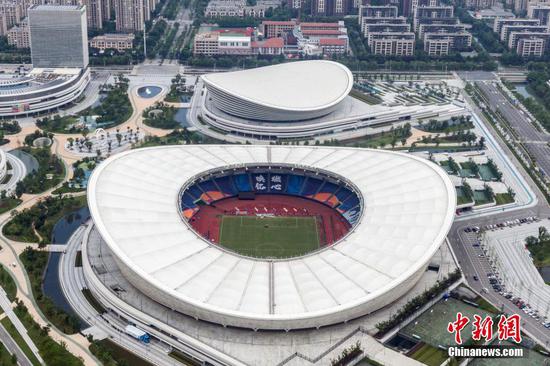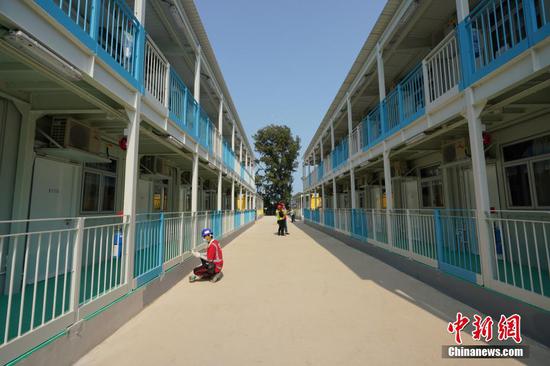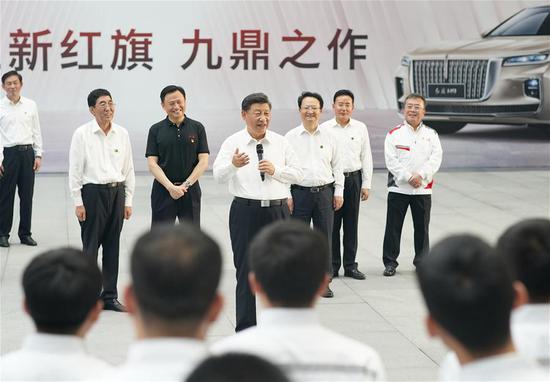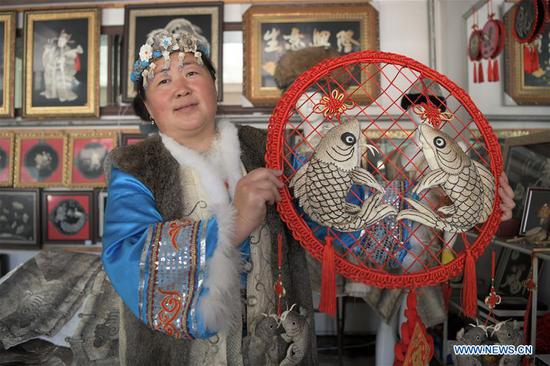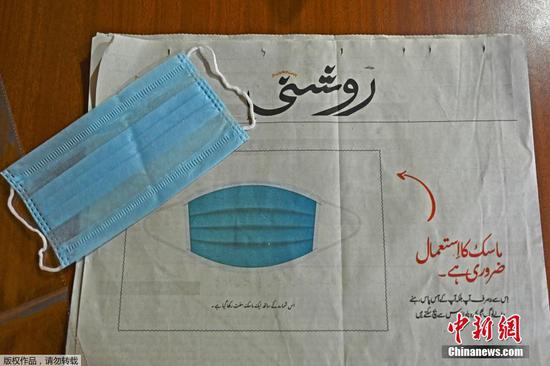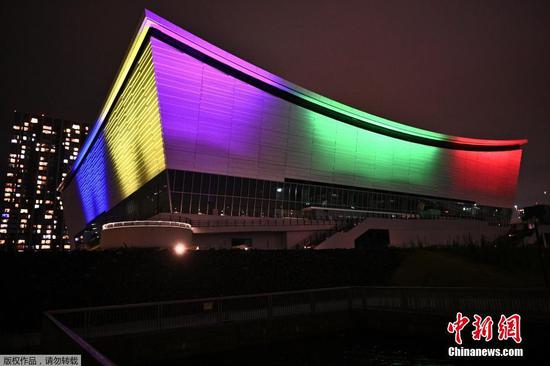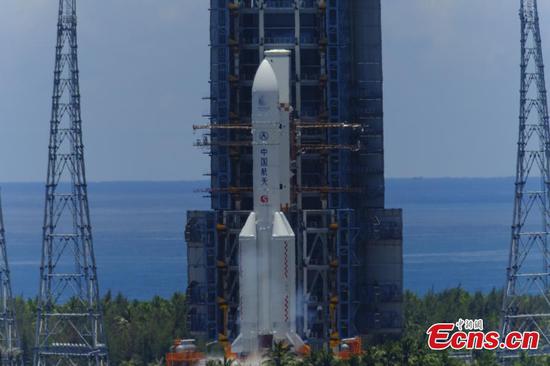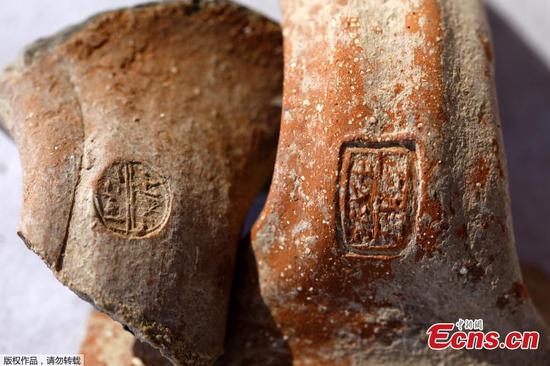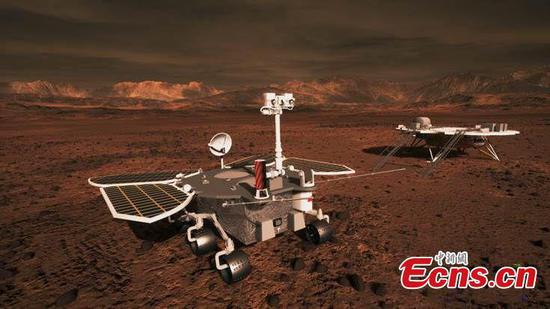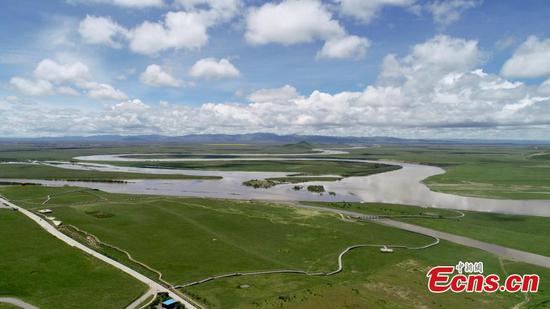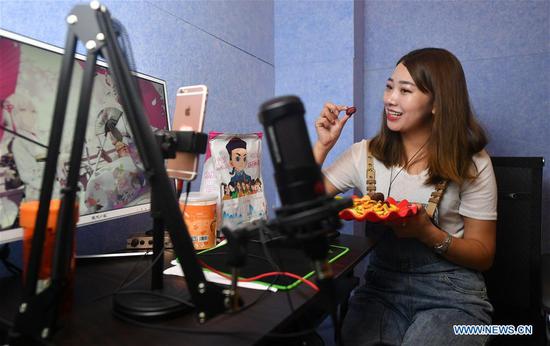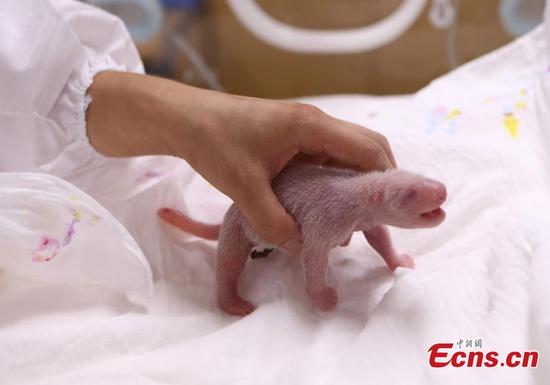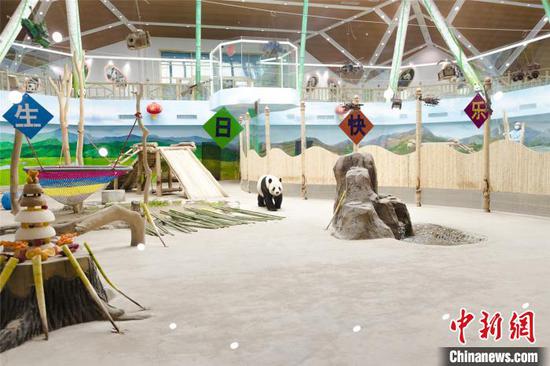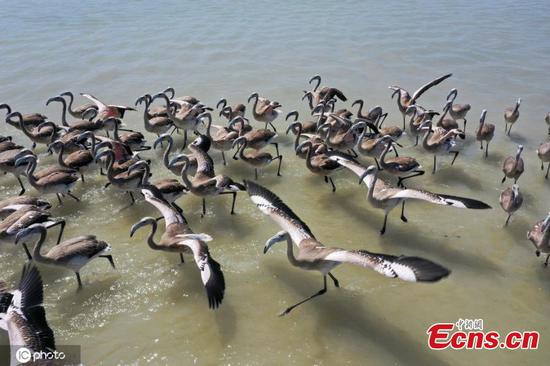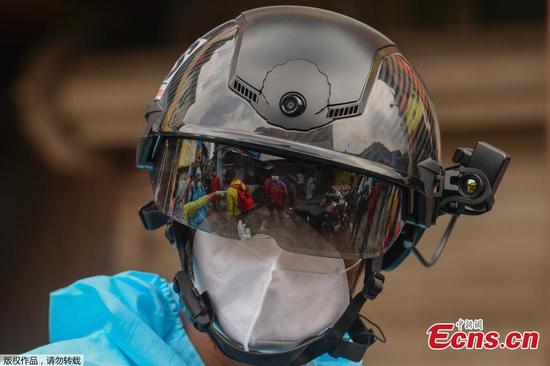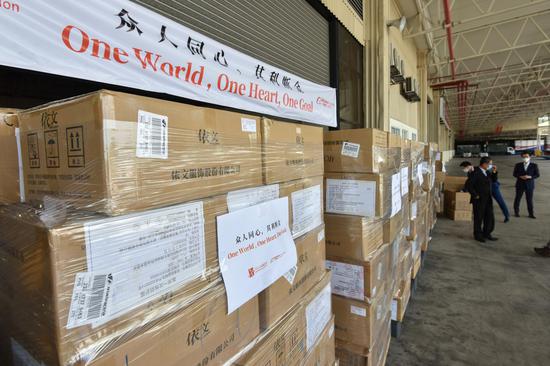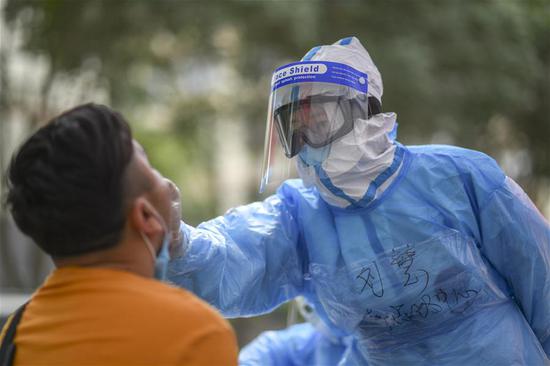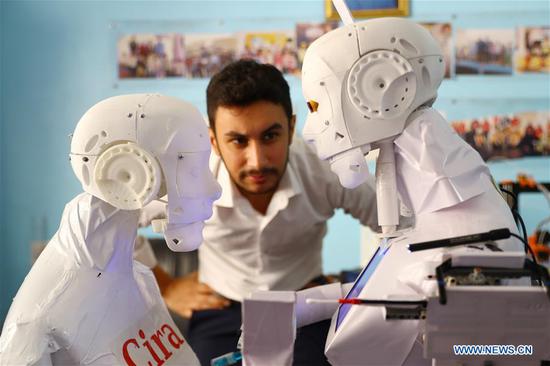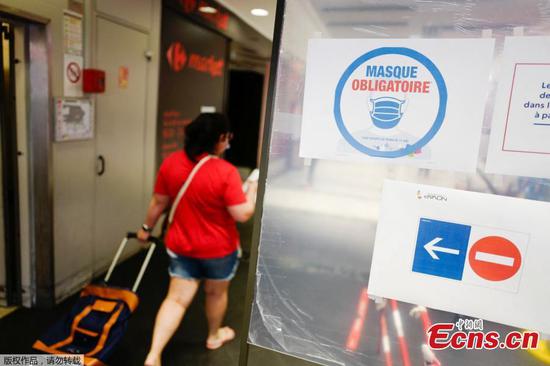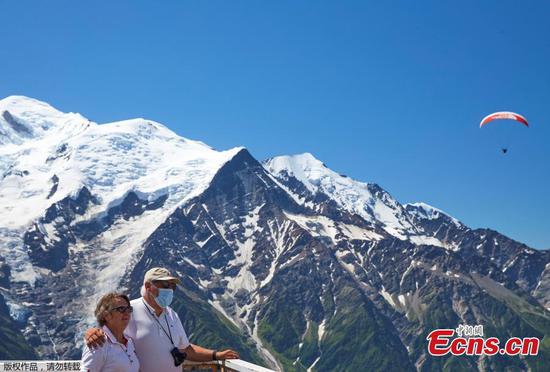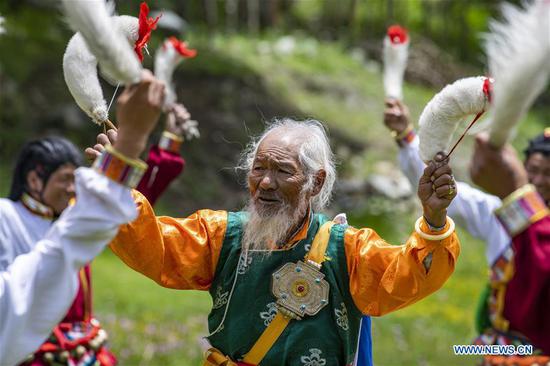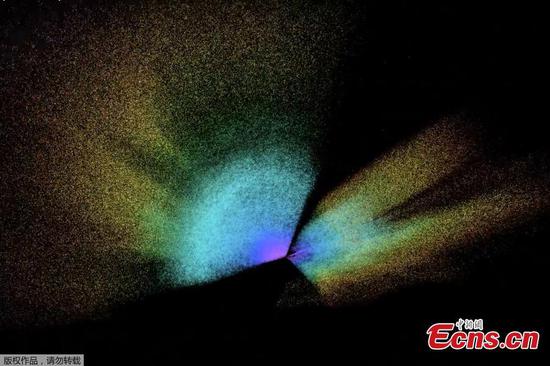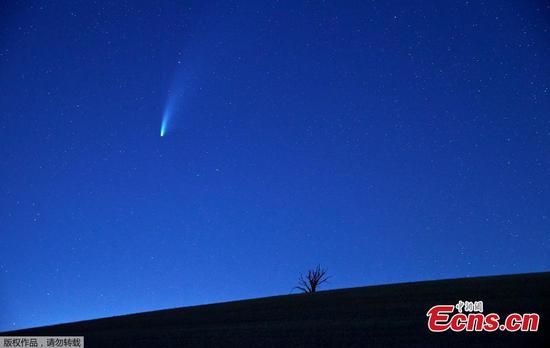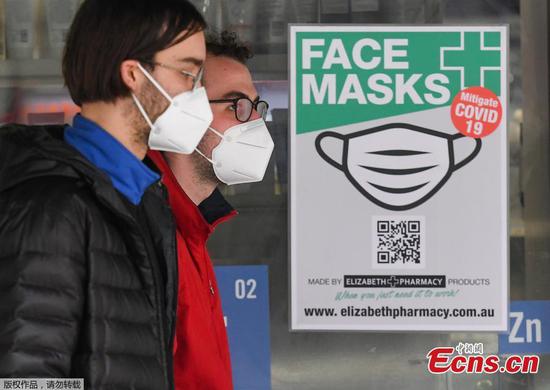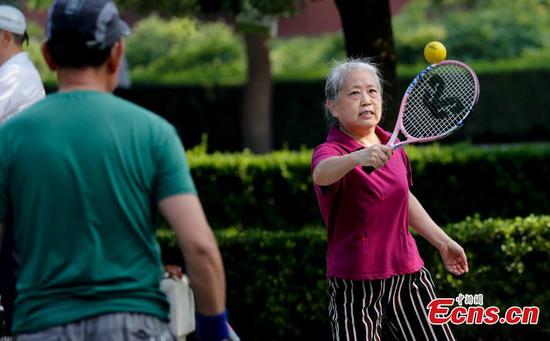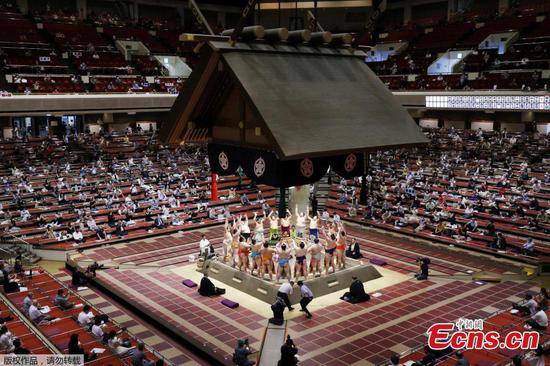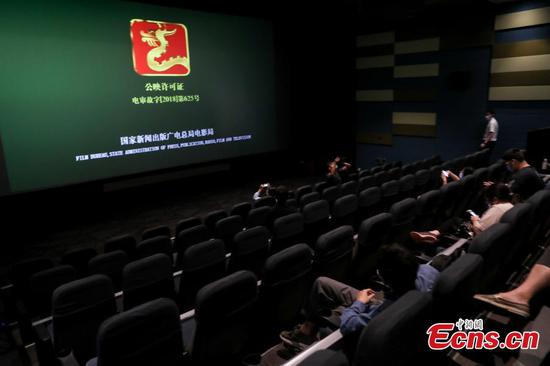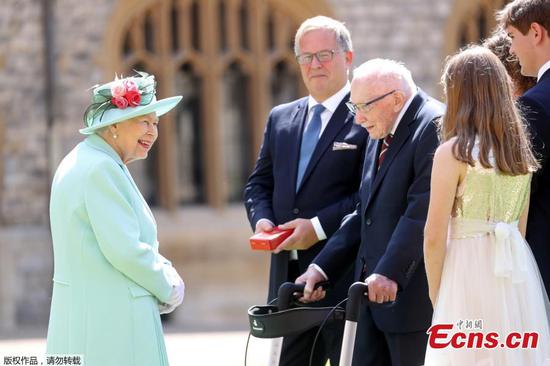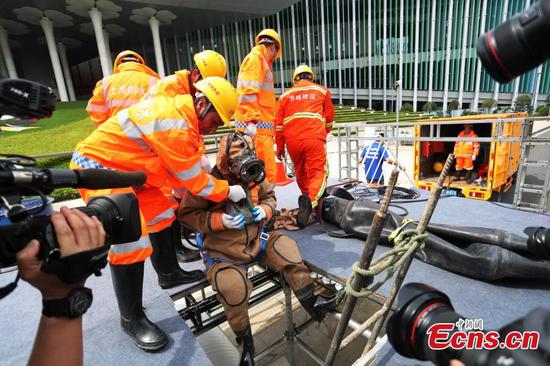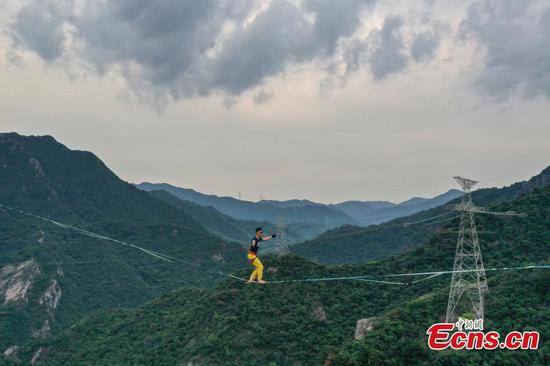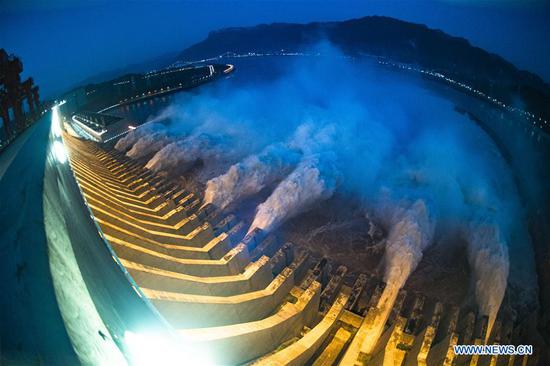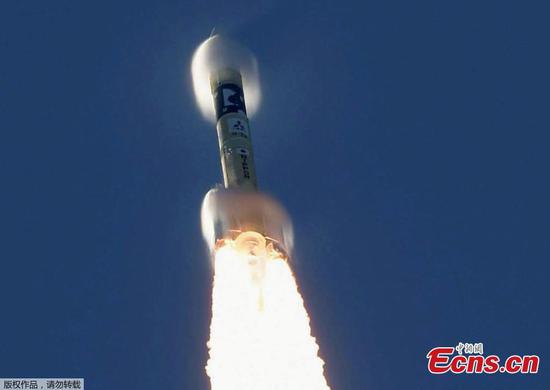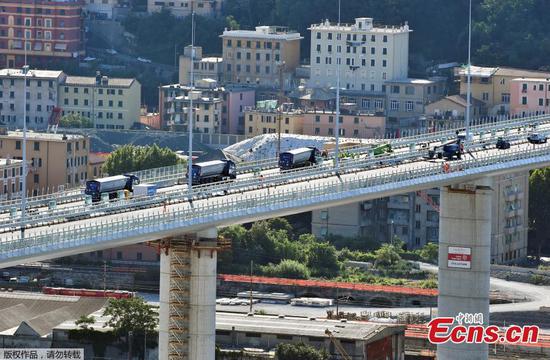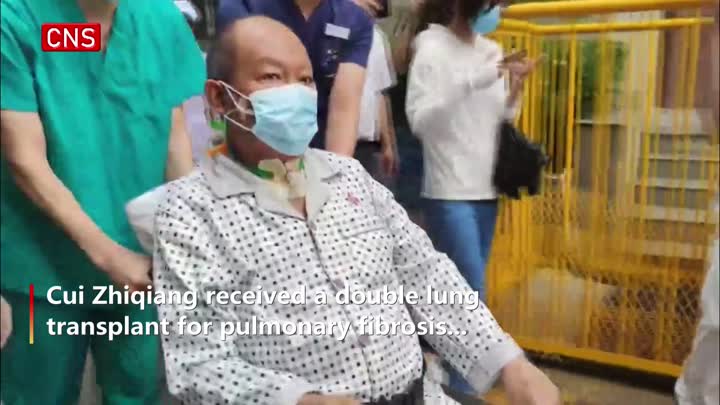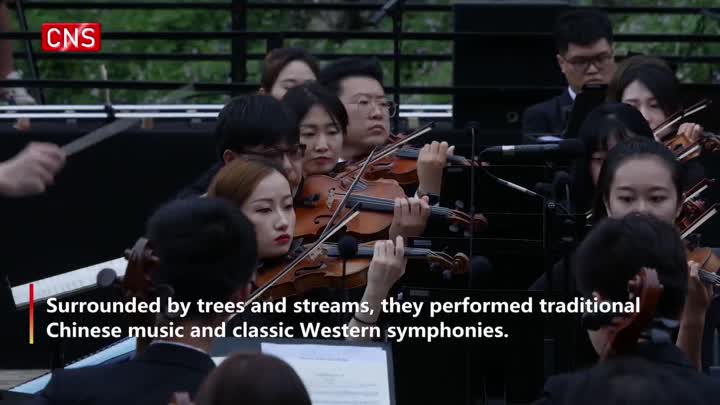Despite pointed rhetoric from the U.S. administration declaring its engagement with China a dismal failure, serious China watchers in Washington and beyond have said they still believe pragmatic ways to work together will better serve the interests of both countries.
Speaking on Thursday in Southern California at the family home of Richard Nixon-the 37th U.S. president whose 1972 China visit ushered in a historic thaw in relations-U.S. Secretary of State Mike Pompeo used what U.S. media called "dramatic Cold War language" to blast decades of formal relations with China, advocating an end to "blind engagement" with China, and vowing "We must not return to it".
His view of the past was in contrast with that of Chinese State Councilor and Foreign Minister Wang Yi, who said on July 7 that "some say that China-U.S. relations will not be able to return to their past, but that should not mean ignoring the history altogether and starting all over again, let alone impractical decoupling".
Eric Heikkila, a professor and director of the University of Southern California's Office of Global Engagement at Price School of Public Policy, said that U.S.-China relations are in a rough patch, but Pompeo's remarks belie the fact that no one would seriously advocate "blind engagement".
"China's presence in the world as a major power is simply a fact, and it is in our mutual interest to find pragmatic ways to work together constructively, wherever that is feasible," said Heikkila, author of the forthcoming book China from a U.S. Policy Perspective.
"China, in turn, needs to demonstrate good faith on its part as well. For the U.S. to want only to demonize China, however, says as much about us as it does about China," he said.
Before Pompeo's speech and the abrupt U.S. order to close the Chinese consulate in Houston two days before, Beijing had signaled its willingness to steer onto the right track of China-U.S. relations, which were faced with the most severe challenge since the two countries forged diplomatic ties in 1979.
On July 18, Chinese Ambassador to the U.S. Cui Tiankai said China is willing to work for a more stable and stronger relationship with the Trump administration, which the envoy said has to make a "fundamental choice" about whether it is ready to live peacefully with a country different from the U.S..
Earlier this month, Foreign Minister Wang said China is ready to grow "one of the most consequential bilateral relationships in the world "with goodwill and sincerity. He even suggested drawing up lists to identify areas where the two countries can cooperate, disputes that could be resolved and ones that cannot.
Ryan Hass, a fellow at the Brookings Institution, said he remained "confident" that, over time, both countries' actions will be guided by their identification of their long-term interests.
"I believe both countries' interests are best served by a productive relationship that allows for healthy competition alongside coordination on shared challenges," Hass, a director for China at the White House National Security Council from 2013 to 2017, told China Daily.
The about-face by the Trump administration on relations with China is not the sign of a country that is confident in its foreign policy or in its ability to be economically competitive with China, according to Jon R. Taylor, chair of the Department of Political Science and Geography at the University of Texas at San Antonio.
"It doesn't serve the long-term best interests of the U.S. when American officials frame China as the perpetrator if they dare to respond to any of challenges by the U.S.," Taylor said in an email.
"It almost suggests that they want a new Cold War to justify their actions and rhetoric," he added.
In recent years, U.S. policy and political rhetoric toward China have been dominated by officials with limited knowledge of developments in that country, noted Ezra F. Vogel, a professor of the Social Sciences Emeritus at Harvard University.
"It is not in the United States' interest to turn the Chinese into enemies," Vogel said in an opinion piece in The Washington Post on Wednesday. "If we want to encourage them to work with us for our common interests, we need some fundamental rethinking of our policies."
'Dangerous illusion'
Robert Daly, a veteran China expert and former diplomat, called Pompeo's view "a dangerous illusion", according to a post on Twitter by Washington-based think tank The Wilson Center on Friday.
"China is not a land of innocent captives and evil master trolls. U.S.-China relations are not a children's story," Daly, now director of the Kissinger Institute on China and the U.S. at The Wilson Center, was quoted as saying in an emailed statement to U.S. News& World Report.
"In China, the United States faces something far more formidable than Secretary Pompeo suggests: China is a vast, complex, wealthy, ambitious, aggrieved nation. Americans should face this challenge squarely and stop blinding themselves with morally flattering fables," he said.
The days leading up to the U.S. election in November have heard increasing China-bashing rhetoric that experts said both the incumbent President Donald Trump and Democratic presidential candidate Joe Biden have employed to drum up support.
But throughout the time, there have been also voices trying to present a reasonable perspective.
For example, Robert B. Zoellick, U.S. deputy secretary of state and U.S. trade representative in the early 2000s, said: "It is flat wrong to suggest that working with China has not served U.S. interests."
"Self-deception will lead to dangerous diplomacy," he wrote in The Wall Street Journal on May 18.
The strategic choices that the world's top two economies make will shape the contours of the emerging global order, Prime Minister of Singapore Lee Hsien Loong said in an essay in the latest issue of Foreign Affairs magazine.
"It is natural for big powers to compete. But it is their capacity for cooperation that is the true test of statecraft, and it will determine whether humanity makes progress on global problems such as climate change, nuclear proliferation, and the spread of infectious diseases," Lee said.
Liu Yinmengin Los Angeles contributed to this story.










